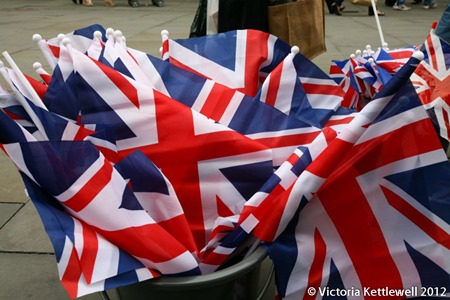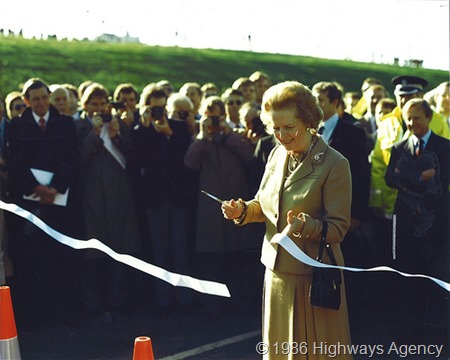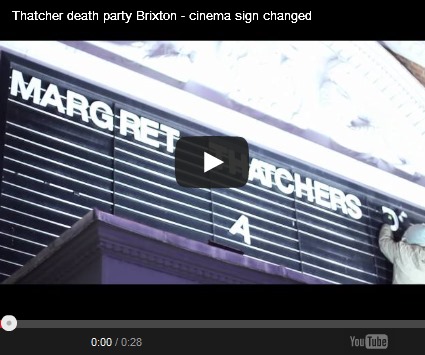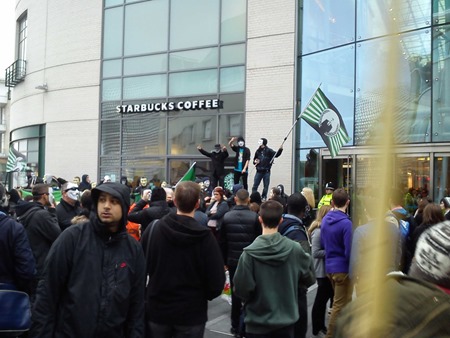
Image by Victoria Kettlewell
The collective identity of a nation is fragile and, perhaps, malleable. Yet, in times of war, crisis and sport, it is one that unites a massive population and allows us to set aside our political differences. The fact that we think and feel differently is forgotten in these circumstances and instead, to an extent, we are able to come together as if one person and stand shoulder-to-shoulder in agreement, before proceeding into some form of patriotic endeavour. Take, for example, our coalition government during the Second World War. But what is it about national identity that makes us feel so united?
With the impending referenda on Scottish Independence in 2014 and the UK’s relationship with the EU (if the Conservative party win the 2015 General Election), political parties will be relying on this national identity to drum up support for their yes or no campaigns. In Scotland, it will be a question of “are you more proud to be British or Scottish?” We only need to look to the recent protests in Northern Ireland to note how important the aspect of national identity is to the electorate. It would appear that any threat to national identity is also a threat to personal identity. It is embedded in our cultural, language and ethnic differences. National parties such as the Scottish National Party, Sinn Fein and Plaid Cymru are also beginning to grow in prevalence.
In 1918, Woodrow Wilson, then president of the United States of America, argued that the best way to stop war from taking hold again was to grant the right to self-determination and end the control over smaller nations by empires and colonial rulers. This allowed countries such as Poland to regain its independence and saw the creation of countries such as Czechslovakia that were based on the ethnic identity of those who would be living in the state. The idea was that each country would respect each other’s sovereign rights. Ironically, it would seem, this bred tension between states and led to dangerous delusions of cultural superiority that then delivered the beginnings of the Second World War.
Hence, when Blair granted devolution of powers to Scotland, Wales and Northern Ireland during his first premiership, the concept of national self-determination was not new. In fact, it was rather modest of him to use referenda as a way of deciding when, in the past, independence or devolution of power have been simply handed over or fought out in a bloody war. However, we have approached an era of consent that tends towards allowing citizens to decide their own fate on their national identity, rather than the Government or, in some cases, colonial ruler to do so for them.
However, a national identity can be considered a strange concept. And if it is to unite a nation, how well does it do that? After all, we are sure to see in the Scottish referendum that not all of the electorate will see themselves as “Scottish”, but some will see themselves as “British”, both implying different relationships with their Government. Perhaps this is why the West Lothian question has never furthered. Are we in a state where “English” people see themselves more as “British” than “English”?
But as globalisation takes hold of the world, surely the concept of national identity is weakened, as we can never truly be unified on common characteristics in a more multicultural society, only in rejecting certain products or practices from other states, which can be quite rare. Maybe I’m not “English”. Maybe I’m not “British”. Maybe I’m not “European”. Perhaps, I’m simply “Earthish”.



